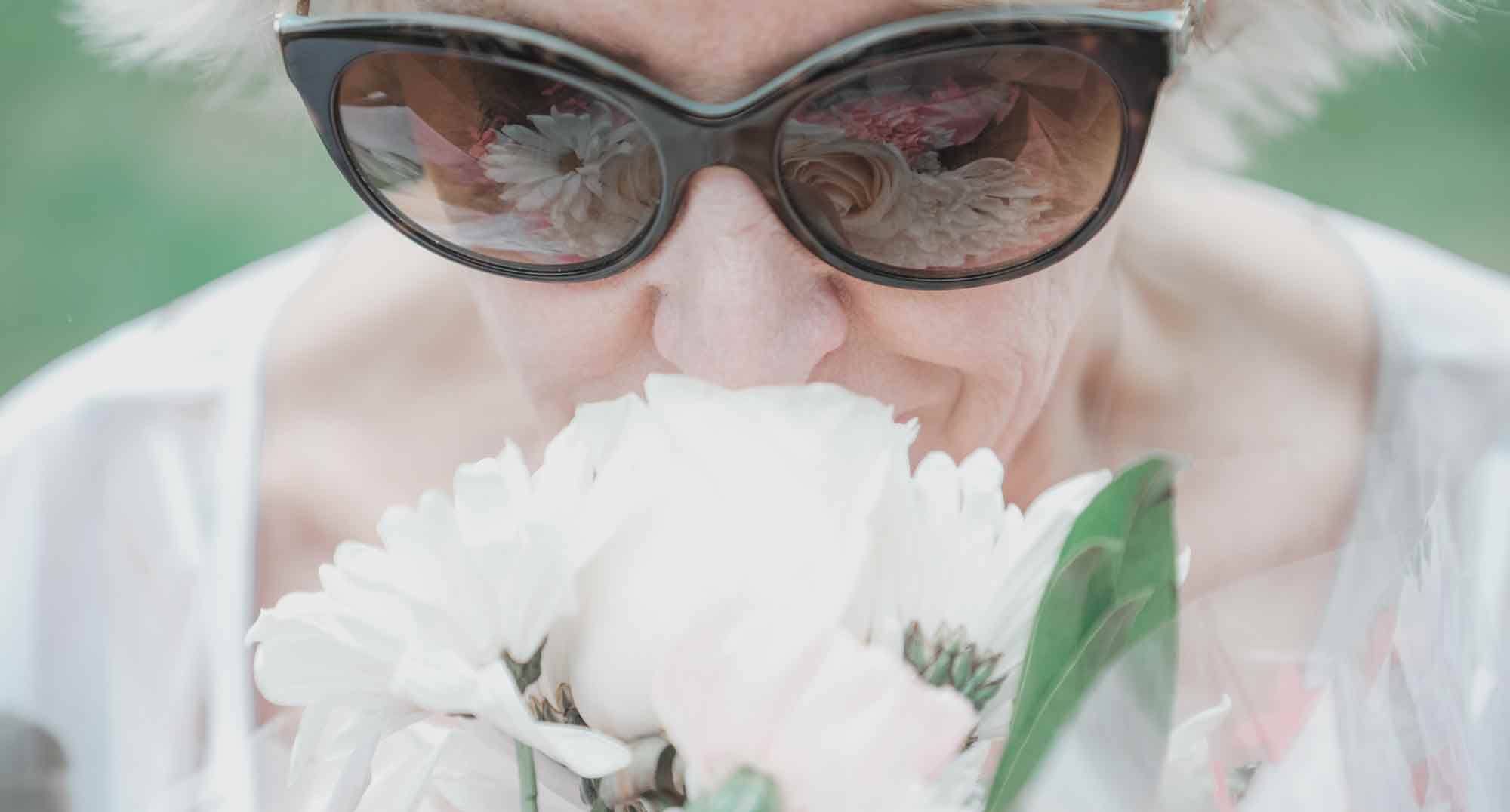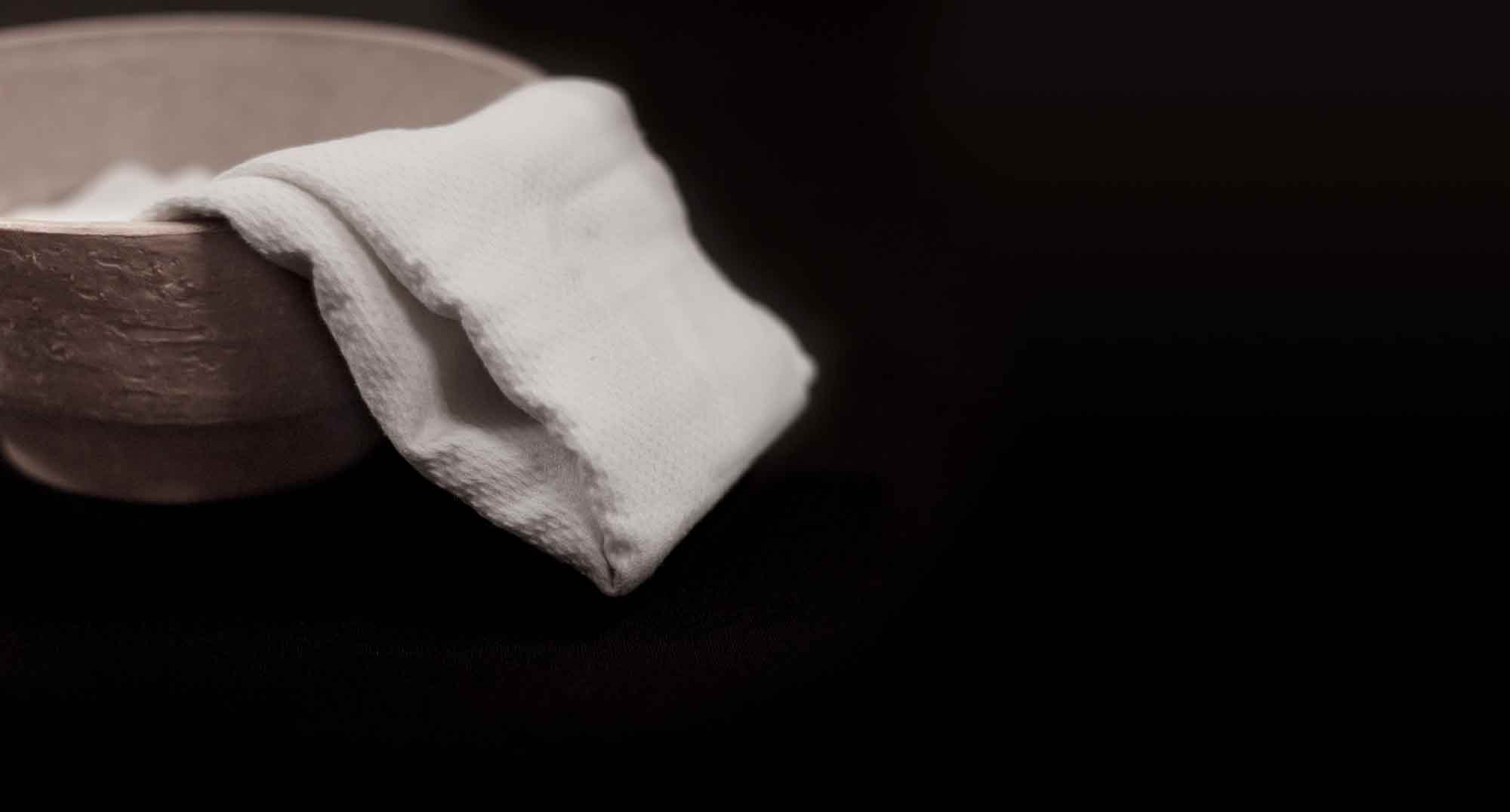When Your Spouse is Not a Believer: A Vertical Perspective
SUSAN MCCELDRY|GUEST As we sat down for dinner, my husband laid his hand on the countertop, palm up. Knowing our prayer routine, I placed my hand in his and waited for him to pray. Before he uttered a word, tears threatened to come forth, as a thought flashed through my mind: This would not have been possible eight years ago. A Dramatic Salvation Rarely will an unbelieving couple come to faith at the same time, and this was true in my marriage. I came to faith first in 2014 because of God’s dramatic saving of my eternal life. Because of my sin, lack of biblical knowledge, and virtually no relationship with Jesus, I spent at least ten years dabbling in the occult. Not only did I read books written by psychic mediums, I also saw them at in-person events. I then spent an additional two years harnessing and actively developing my psychic ability. I did all these things while professing to be a Christian. My time in the occult ended with a vision of a dark hooded cloak image superimposed over my reflection in the mirror. In that moment I lost all sense of rationality and was tormented by a voice in my head that repeatedly told me that I was going to Hell. I was involuntarily committed to the mental unit of our hospital and spent five days there. I came home a new person, one that never wanted anything to do with the occult spiritual world ever again. Where did that leave my marriage? I became a Christian that was married to an unbelieving husband. God became my authority while my husband’s authority was himself. The struggle of two people living under two different authorities surfaced rather quickly. How can a marriage like that thrive and grow? You may be in a similar situation in your own marriage. Perhaps you trust in Christ for your salvation, but your husband does not, and this creates not only heartache for you, but even discord in your marriage. What does it look like to live out your faith when unequally yoked?...







